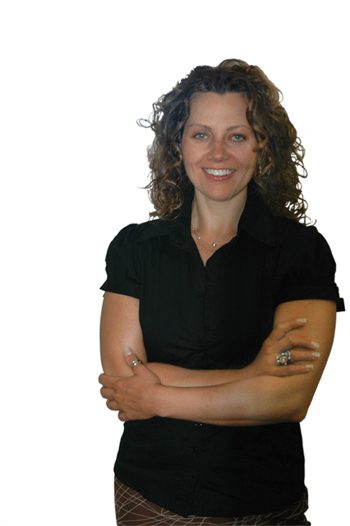Author of The Purpose of Love on how to improve yourself and your most important relationship.
The Purpose of Love, by Dorothy Ratusny, bills itself as a "guidebook for defining and cultivating your most significant relationship." Whether you are looking to create or maintain a relationship, this book offers practical advice and helpful tools for improving your relationship with yourself and your most significant other.
The thing that struck me most about your book is how it’s about love, but there is a lot about being alone and self-development. Why is important to learn how to be alone?
I couldn’t write a book about love without reminding people where it starts from. A lot of people still look to others, to their partner, to fulfill them and to make them whole. I use the analogy in the book that you’ve got to be the cake, and icing is a compliment to the cake, but you’ve got to be that for yourself. Alone time gives you a chance to figure out what your needs and wants are. Its great to support each other and encourage each other, but I really feel at the end of the day if you’re coming home and you have different lives and you can share your life with your partner…it’s going to just add to the depth of the relationship.
How do you know if the relationship you have is healthy, or the right one for you to be in?
I think there a lot of great books that people can read around what constitutes a healthy love relationship, because we don’t all have the fortune of having wonderful templates — wonderful models in our parents’ relationship — so for many people a healthy love relationship is not normalcy, so they have to go figure out what that is in order to create that for themselves.
Do you think there is an extra challenge in lesbian relationships?
I’m going to say no, because love between two people, regardless of gender, is still love and if you have respect, good communication and you work to have a happy life together, that transcends religion, faith and gender and all that stuff. So while there might be certain societal pressures and or challenges that are unique to that relationship, fundamentally a healthy love relationship is between two people, regardless.
What are some ways that people can know if they are going through a tough time in the relationship or if the relationship has stopped working?
Typically they will start running up against more chronic problems and issues. So where you might have a disagreement once in a while, you’re constantly getting in arguments. The other thing that can happen is when you get past that initial “honeymoon phase” at the beginning of a relationship, and start settling in to the next phase of love, you might realize that you’ve made choices unconsciously in that mate selection that aren’t in your best interest. For example, if you come from an abusive household, unbeknownst to you might have chose somebody that’s got abusive tendencies, because that’s what’s most familiar to you.
What are some tips or techniques to help choose the right kind of person?
I often will have clients write their ideal mate list up, especially if they’re not in a relationship. That helps you become really clear about what you’re looking for, so when you’re out dating you can choose with full knowledge of what it is you want. When you stop being choosey and decide to settle you often don’t have enough of what you need. In my book I talk about that 92 percent factor. You’ve got to have 92 percent of what you want in a partner, or be striving for that.
How can we keep from getting complacent in long-term relationships?
I really do feel that most of us do become complacent. I mean, we’re human, so after a certain point…relationships take a back seat until there is a problem, and often a lot of time has passed before the two people are addressing the problem. While I think probably all of us do become complacent from time to time, what I think is really important is that we’re making that concerted effort. We’re working, and that’s the key word: work. We’re working at adding value to what we bring to the relationship.
Why might someone with low self-esteem struggle in a love relationship?
People with low self-esteem struggle with many aspects of their lives, relationships being one. You’re inclined to be more vulnerable, more sensitive, self critical and more doubtful about the other person’s love and how they feel toward you. There are just so many things it transcends. So when you have two people who both have low-esteem or self-esteem issues, you’re going to have, on average, a greater likelihood of more day-to-day problems. I firmly believe to have the best relationship possible you’ve got to really work at creating…healthy self-esteem first.
What are some practical ways that someone could do that?
Ideally self-esteem grows or develops in early childhood. Now, for many of us that [doesn’t happen]. As an adult, it becomes our job to build self esteem, and how you do that is probably not too different from what happens when you’re a child, except the focus in on you. It’s setting and meeting goals for yourself, challenging yourself to grow, to build your confidence by trying different things, new things. It’s also about recognizing your positives and reflecting on what you’re good at. What you want to do to grow your own self-esteem is look for people that have good self-esteem, because you’re going to learn from them, but also they’re going to help boost your own level of self-esteem by being encouraging, supportive and accepting.
